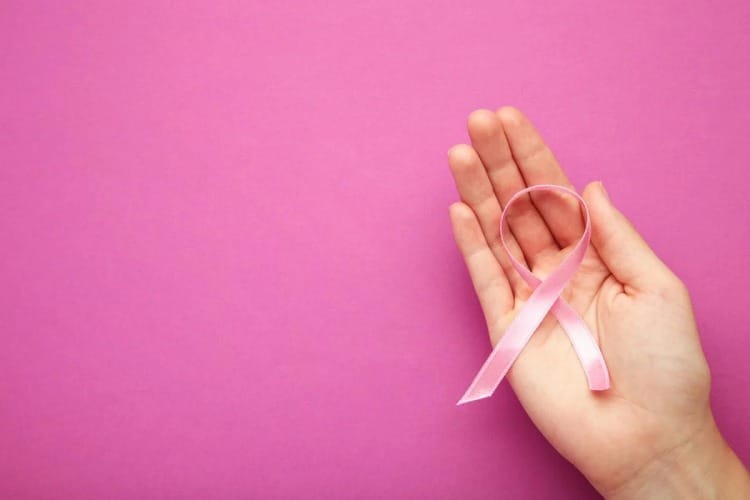Breast Cancer Awareness Month: Psychological First Aid and Self-Care (Coping and Living with Cancer)
Mon 09 Oct 2023
Dubai: Living with cancer can understandably have a significant psychological and emotional impact. There may be anxiety related to heightened awareness of uncertainty about the future, and low mood – often presenting itself as persistent sadness, loss of interest, and withdrawal, all of which can also be associated with the physical toll of cancer. Anger may be prominent – about the unfairness of it, and about its impact not only on the person but the system around them.
Underpinning all these difficult and overwhelming emotions is likely an overall sense of loss. Loss of health, loss of sense of control, loss of relationships as they once were, and perhaps loss of functioning.
Psychological First Aid is how we reduce psychological distress by understanding and soothing our emotions, and self-care also enables us to promote our physical, emotional, and mental well-being on an ongoing basis. Both are necessary to equip you to face the challenges of living with cancer.
What should your Psychological First Aid kit include?
Here are some tips for psychological first aid and self-care:
- Self-Compassion: Understanding that it’s okay to have a range of emotions, making room for these emotions, and doing what you can to respond to them rather than reacting or dismissing them.
- Mindfulness & Relaxation: Relaxation helps us soothe when we feel anxious by working on the physical response of anxiety in our bodies. Mindfulness allows us to make room for emotions and focus on something of our choosing in the present moment as an anchor – whether it is the emotion as it is felt in the body or on something external, without judgment.
- Routine & Structure: Routine can provide a sense of normalcy and control during a time of uncertainty. Includes rest, balanced meals, socializing, hobbies – connecting with things you love, even if they may need to be adapted sometimes.
- Set Realistic Expectations: Part of being self–compassionate is to acknowledge any limits without judgment. There will be ups and downs in your journey, some days you may be able to do more than others – fatigue will be likely. Adapting a routine with periods of rest can help. Celebrate small wins too!
- Social Support: Connecting with loved ones is a good way to get our “soothe systems” online. Openly discuss what you need from your support network, as they may not know.
- Stay Informed: Knowledge about the diagnosis and treatment can help to feel empowered but be mindful of information overload and ensure it comes from reliable sources recommended by your care team.
- Seek Professional Support: If you notice your emotions feel overwhelming much of the time, or you are finding it difficult to come to terms with the diagnosis, then speaking to a therapist can be helpful.
Remember, self-care is not an indulgence, your mental and emotional wellbeing play a crucial role in your overall health to equip you to face the challenges of living with cancer. Don’t hesitate to seek professional help if you find yourself struggling with overwhelming emotions or mental health concerns.
It is also important to note that whilst it can be emotionally challenging, many individuals also report positive changes and personal growth through their experience, such as increased resilience, a renewed perspective on life, and deeper connections with loved ones.
This article is contributed by Dr Gurveen Ranger. Dr. Gurveen is a Clinical Psychologist and lead of Adult and corporate Services at Sage Clinic, Saaha Building, Block A, Suite 519, Downtown Dubai, UAE. You can contact her at +971 4 575 5684, or [email protected]
Disclaimer: All views and opinions expressed in The Brew News Opinion – our opinion section – are those of the authors and do not necessarily reflect the official policy or position of The Brew News, the company, or any of its members.

 Apr 30 2024
Apr 30 2024













